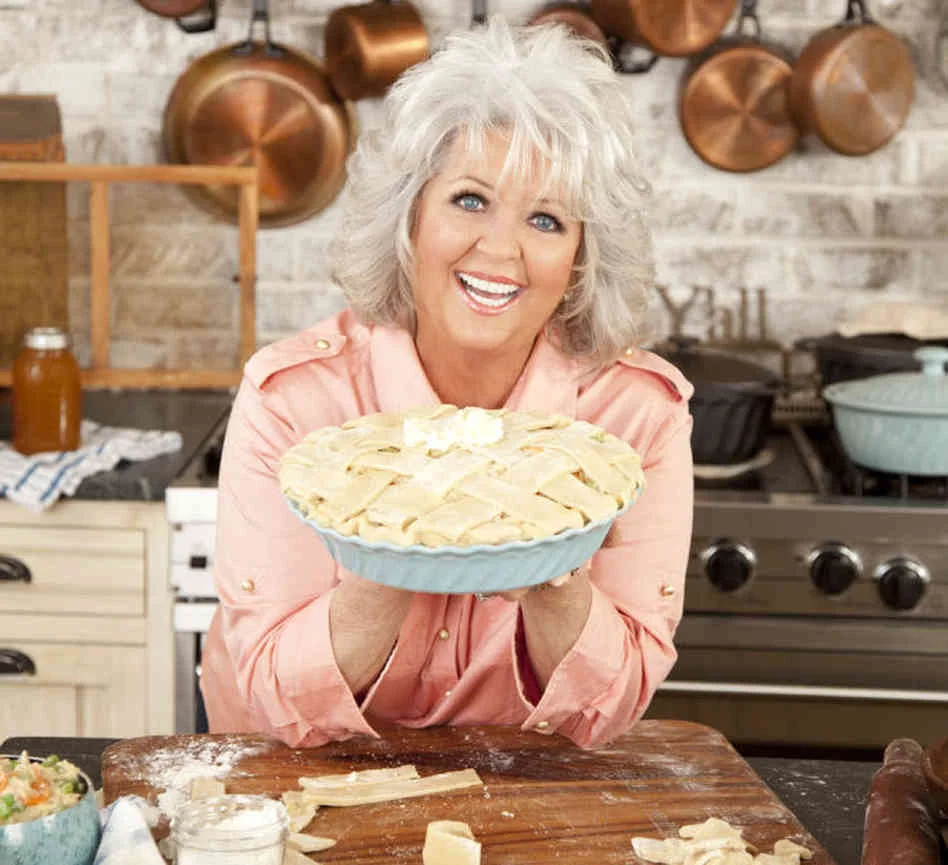A lesson in how not to handle a crisis
/She was once the queen of greased up, fat-friendly, calorific Southern cooking on the Food Network. But after a bizarre few days that included an admission she once used horribly racist language and ended with her blowing off a previously scheduled, heavily promoted Today Show interview, Ms. Deen has been unceremoniously booted from her throne as food television royalty.
There are a few lessons observers can take away from the way Ms. Deen and her representatives handled this mess.
For starters, using racist language and tolerating racially-based humour is unacceptable. Doing so is hateful and the Food Network has made the right call in deciding not to renew Ms. Deen's contract.
In any crisis, however, communication is key. The public wants answers and accountability and the manner in which you respond can have a significant influence on how events will unfold. Ms. Deen's response has been a case study in how poor crisis communications can make a bad situation worse.
First, the Food Network star was slow to respond when media outlets first began reporting on the deposition in which she admitted to making racist statements. We've written in the past about the importance of getting out in front of a crisis and remaining visible and transparent throughout. It doesn't matter if you're the mayor of a metropolitan city facing accusations of smoking crack cocaine or a TV star at the centre of a racially-charged scandal: when the you-know-what hits the fan, the best response is a quick response which includes an an apology (and, in some cases, a resignation). This isn't the time to start parsing words, dodging the media or trying to spin your way out of trouble. Ms. Deen opted for the silent approach, which only fanned the flames more and created increased pressure as the world awaited her response.
Then, it appeared Ms. Deen was going to face the music. She scheduled an interview with Matt Lauer of the Today Show and flew to New York. Then, without warning, she cancelled the interview and left the show, and Mr. Lauer, in the lurch.
This is where things take an even stranger turn. Ms. Deen posted a YouTube apology video on Friday during which she asked for forgiveness and apologized for what she had done. In the video, Ms. Deen appears to be emotional and stumbles over some of her words as she figures out what she wants to say. Soon after it was posted, the video was taken down from YouTube.
Later in the day, the celebrity chef posted another video statement where she apologized once again. In this video, she appears calmer and more collected.
Despite this, the Food Network announced they would not be renewing her contract.
Ms. Deen's erratic behaviour and seemingly disjointed response might be understandable. She was in the eye of a massive storm, fielding hundreds of media requests and accusations of racist behaviour. The first instinct of many people in a similar situation might be to run and hide, hoping it goes away.
But in crisis communications, that approach simply doesn't work.
You may not have control over when a crisis strikes or how the public responds. But you do have control over how you respond. This is the time to prepare a strategic response as soon as possible in order to take responsibility and minimize the negative impacts that will occur as a result.
Following this type of advice likely wouldn't have saved Ms. Deen's career. But if given the choice, would you rather make headlines for your bizarre response to a crisis, or for the fact you stood up, answered questions and took responsibility for your actions?
The choice is yours.
